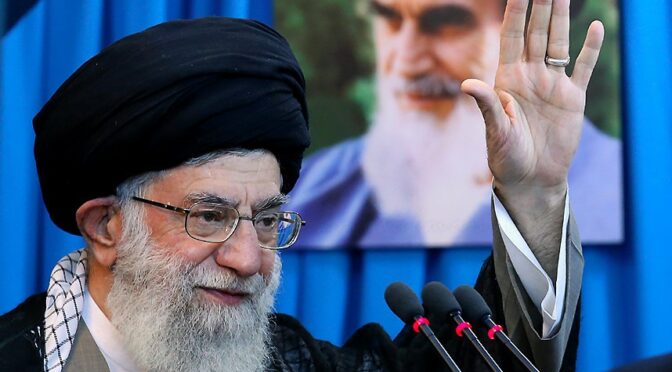Article published in The Daily Telegraph, 29 March 2024. © Richard Kemp
I’m a dinosaur, of course, because I vehemently disagree with the British Army’s new policy of allowing beards. After years of harrumphing from a deep leather armchair in my club, I’ve just been getting used to the armed forces’ wokeist advances such as bandying about preferred pronouns and even the RAF doing away with gendered ranks like ‘airman’ and ‘airwoman’, now replaced by ‘aviator’, something the Chief of the General Staff seems keen to replicate in the Army.
So with all these exciting steps forward, why is the Army now leaping backwards to the 19th century when military beards were commonplace, a habit inspired by the French of all people. Surely this retrograde move will only serve to heighten the distinction between male and female servicepersons which the Army has been so eager to suppress. Or will women be allowed to grow beards too?
Perhaps the next move will be to make moustaches compulsory again, as they were for about 60 years until 1916, with some soldiers who couldn’t grow one drawing a fake on their upper lips. That regulation was cancelled because facial hair interfered with the seal of newly-issued gas masks. Indeed, when I was serving a few years later we were told that beards were not allowed for the same reason.
Back then we wore respirators frequently, albeit reluctantly, training for a war in which we expected the Soviets to fire chemical weapons at us. Although that threat has been largely absent for several decades now, Putin’s recent aggression in Europe has brought it worryingly back to life, which has presumably revived the need to train extensively for the chemical battlefield. Perhaps it doesn’t matter if a respirator doesn’t seal in training, although if the priority is still to train under realistic battlefield conditions there will be a lot of shaving and re-growing. Those with beards might also find the mandatory respirator tests in a CS gas chamber even more painful than before.
In the 1980s, my battalion was based in northern Germany, not far from a Dutch Army brigade. I subsequently served on operations with the Dutch and do not question their fighting prowess. But back then they were a laughing-stock among us Britons, with their hippy-style hair and beards.
They appeared ill-disciplined and many of our soldiers felt they would not want to be fighting alongside them. As that suggests, appearance does matter. Otherwise why bother pressing uniforms and polishing boots? Why not facial tattoos and nose-rings? Allies as well as enemies need to take our forces seriously. That’s also true on operations, especially when there is interaction with the civilian population who often have to obey instructions from soldiers who need therefore to be seen as authority figures, and not just because they’re carrying a gun.
Speaking about the Army’s manning crisis, the Defence Secretary, Grant Shapps, described the beard ban as ‘ludicrous’. But are there really large numbers of young men out there who would sign up if only they could have a beard? Or indeed large numbers of serving soldiers who would not sign off if they could sport a smattering of facial hair?
Does the same apply to long hair, which is increasingly making a comeback among the youth of this country? With the Army apparently succumbing to the dictates of fashion, why shouldn’t that be next?
Call me an old fogey, but I suspect there are much bigger problems in both recruitment and retention than the issue of facial hair. It will be interesting to see how the new policy does actually impact on manning levels, but those who persuaded the Defence Secretary that this is a major issue can take comfort from the fact that he is unlikely to still be in post when the figures emerge.
Irrespective of any of this, the military life is not for everyone, and service demands discipline, conformity and subordinating oneself to the needs of the team. Willingness to get a haircut and a shave may well indicate readiness to make even greater sacrifices when they are called for. Despite the ever-prevailing lures of fashion, surely Britain’s soldiers can wait to grow a beard in older age, when it’s white and stern.
Image: Flickr








